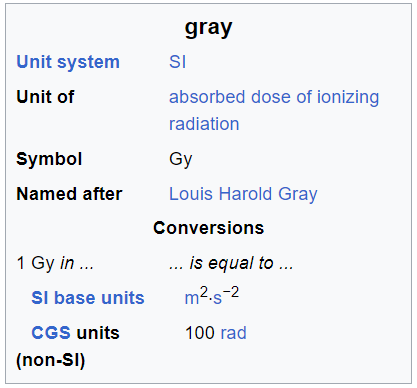Photons don’t impart momentum to most of the known mass in the universe. This is a huge mystery.
“From the photon’s perspective” … I have never liked. Very anthropomorphic. I know there are web links that will refute this view. But who knows what photons experience. Speaking of special relativity, age is very relative. I could age just a microsecond while all the stars in the galaxy died out (with a fast enough ship).
Photons don’t always travel at the speed of light. In water, photons travel about 70% the speed of light… that’s why there’s a blue glow in the water in nuclear power plants, or why whole brain RT patients see light flashes. (Also future rad oncs may capitalize on sub-c photons in interesting ways.) Speaking of anthropomorphizing, some used to think photons were “choosing” their paths through space, and this was one way of explaining Fermat’s principle of least time. Now no one thinks that, but we have to be careful guessing what a photon experiences or “thinks.” There could be pockets in the universe, say inside black holes, where the notion of photons not aging may get flipped on its head. Another great mystery.


